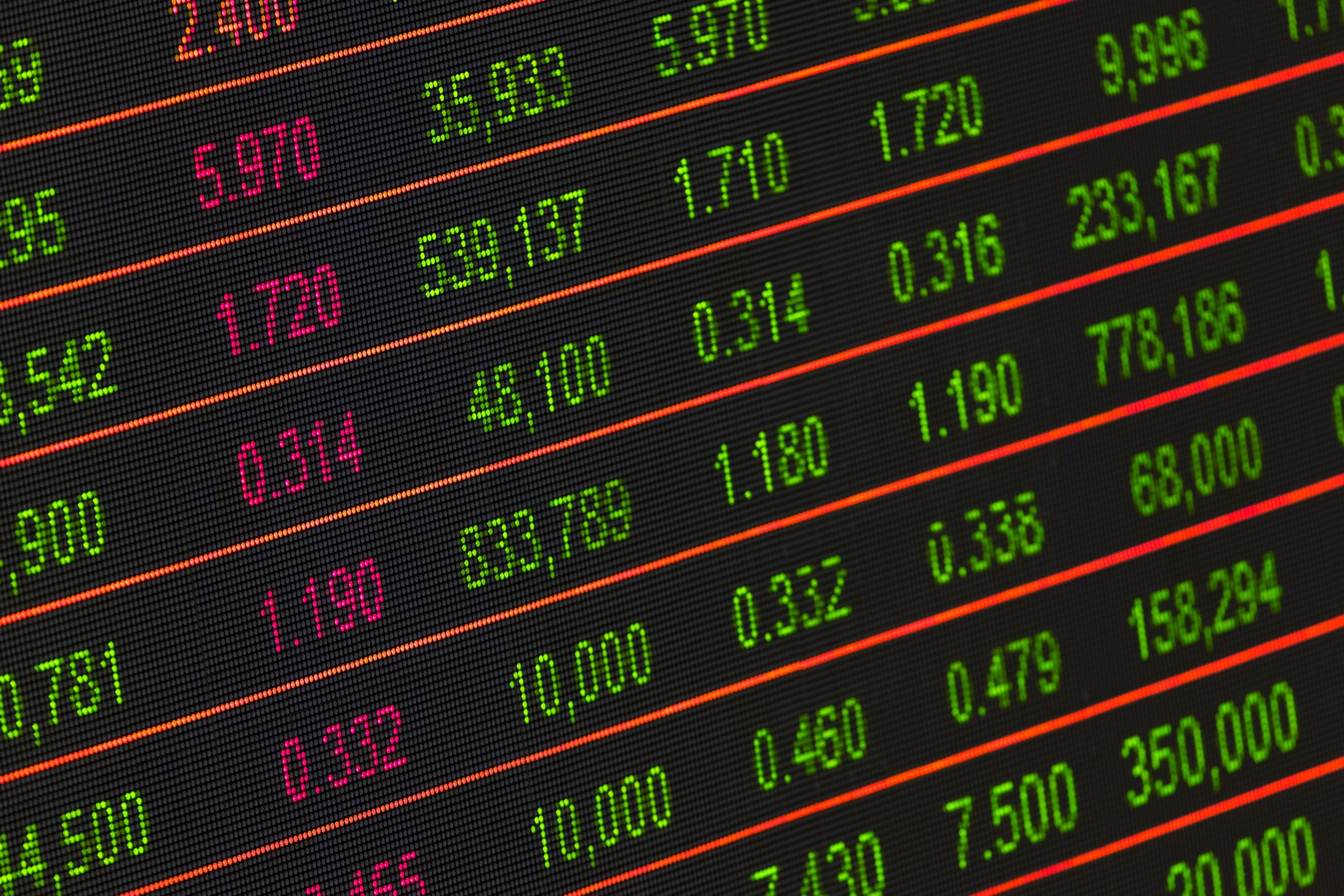Singapore Green Jet Fuel Levy on Travellers Ignites Funding Debate
Share Markets Falter as US Treasury Yields Surge

Global share markets faced a tumultuous day as U.S. Treasury yields surged to a nine-month high, triggering a wave of unease among investors. The rise in yields also lent strength to the U.S. dollar, which shrugged off recent concerns over a U.S. credit downgrade and climbed to a four-week peak against major currencies.
European shares, represented by the STOXX index, experienced a 1.1% dip, extending losses from the previous day’s two-week lows following Fitch’s downgrade of the U.S. government’s credit rating. Meanwhile, the FTSE index in the UK fell by 1.3%, a decline attributed to market anticipation of a forthcoming interest rate hike by the Bank of England (BoE).
Wall Street futures painted a similarly bleak picture, with S&P 500 and Nasdaq futures down by 0.5% and 0.8%, respectively. This downturn came on the heels of a recent sell-off. The pressure on stocks was primarily attributed to a surge in long-term U.S. Treasury yields, propelled by robust private employment data and the U.S. government’s plan to refinance maturing debt.
As U.S. 10-year yields reached a nine-month peak of 4.17% and 30-year yields also climbed to their highest level in the same period, the U.S. dollar maintained its strength, hovering close to a one-month high against major currencies. The positive private payrolls data further fortified confidence in the U.S. labor market ahead of the imminent nonfarm payrolls report. Investors remained watchful of the Bank of England’s potential quarter-point interest rate hike to 5.25%, which could signal ongoing tightening measures by major central banks.
While Chinese blue chips managed to rise by 0.9% and Hong Kong’s Hang Seng index increased by 0.3%, the MSCI index of Asia-Pacific shares outside Japan fell by 0.4%, extending losses from the previous day. The contrasting performance reflected a private survey indicating an accelerated expansion in China’s services sector for July, offering a glimmer of positivity amid economic concerns.
Market watchers were also focused on the earnings reports of tech giants Apple and Amazon. Apple’s expected announcement of the largest third-quarter revenue drop since 2016 due to slower iPhone sales garnered attention, while Amazon’s projected more than 8% rise in second-quarter revenue, driven by a recovery in advertising and e-commerce, had investors intrigued.
In currency markets, the British pound hovered around $1.27 before the Bank of England’s decision, slightly above its four-week low. Sterling’s substantial nearly 6% climb throughout the year marked its most significant annual increase since 2017, supported by the central bank’s proactive monetary tightening strategy.
Additionally, Brazil’s central bank caught the eye by cutting its benchmark interest rates for the first time in three years, signaling the beginning of an easing cycle in emerging markets, possibly influenced by the belief that U.S. rates had reached their peak.

